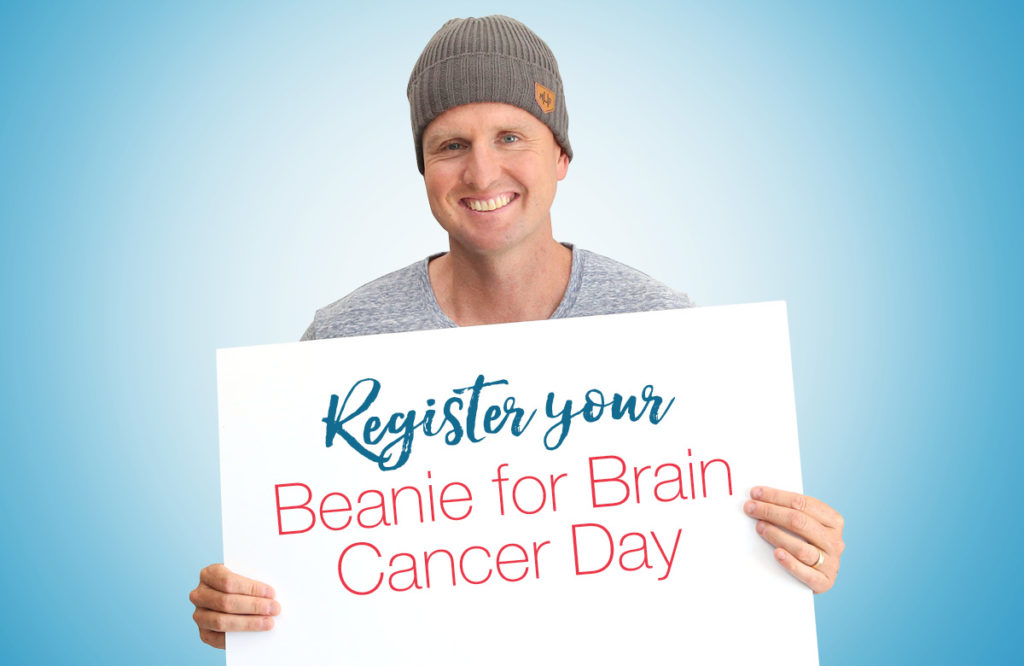About
Brain cancer is a family disease. Shorter hospital stays and greater emphasis on outpatient care means that family members often have the primary responsibility for supporting a person with brain cancer to manage the physical, cognitive, behavioural, and emotional effects of the illness and its treatment.
When the illness of a person is as complex as brain cancer, caregivers understandably neglect their own needs, well-being, and quality of life. Most families feel under-prepared and overwhelmed by the significant changes that accompany a brain cancer diagnosis, including the demands of caregiving, which may vary from minimal assistance with day-to-day functions to the complete care and supervision of a loved one who is unable to do this for themselves. Caregivers suffer from deep limitation in their quality of life, and themselves are at significantly higher risk of depression, anxiety, and poor mental health than the general population.
This project sought to address these issues and worked with families to develop and implement a virtual system of care that wraps around a family on a brain cancer journey to take health information, psychological assistance, and social support to them, at any time of the day or night. This included a state-of-the-art online program available to support families and friends with a loved one diagnosed with brain cancer. The program provides information about brain cancer and its treatment, strategies to cope and respond to different parts of the brain cancer journey, insight to caring and the caring/support experience, exploring sources of support for self and loved one, and provision of specific strategies to enhance family resilience. It also involved a concurrent development of smartphone applications of the program to ensure the program is available in a format appropriate for families and carers from different age groups.











